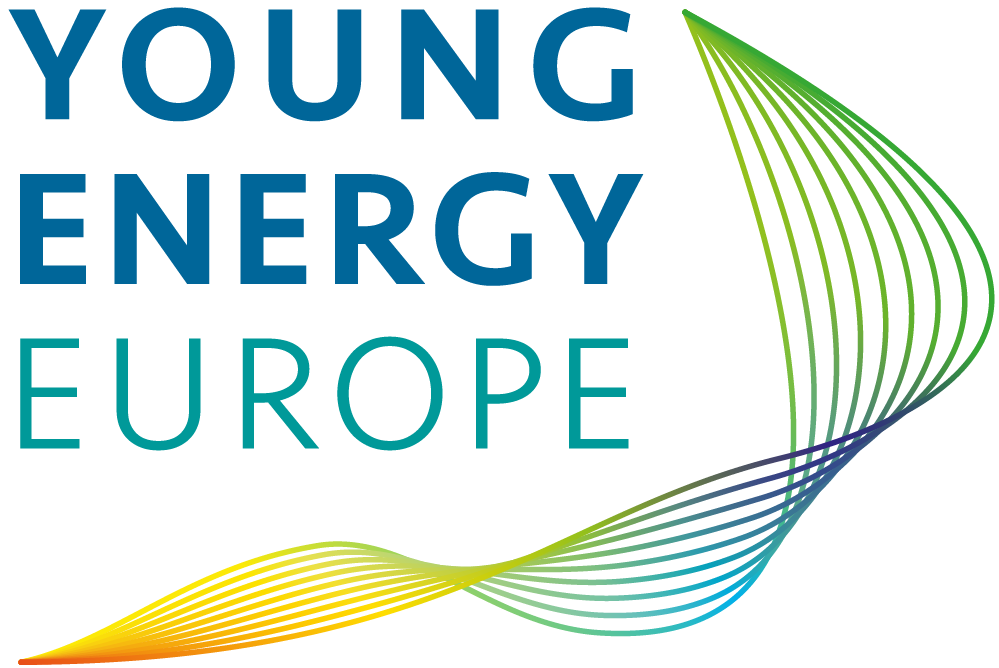On September 21, 2022, 15 Energy Scouts presented their practical projects to a jury of three experts at the German-Hungarian Knowledge Centre (DUWZ) of the German-Hungarian Chamber of Industry and Commerce (AHK Hungary) in Budapest, as well as three additional Energy Scouts online. After the presentation of the practical projects and a joint lunch break, the best Scouts were awarded and received their certificates.

Olivér Pál from DENSO Gyártó Magyarország Kft. emerged as the winner with a practical project for the prompt visualization of energy consumption. His practical project involves installing so-called submeters, i.e. electricity meters close to the consuming machines and systems, and integrating them into a network in order to visualize measured data quickly and easily. As part of an online platform, employees can view any arising production problems right away, as the data is updated promptly. This is done via an automatic alert message sent to employees indicating potential irregularities. The potential for rapid problem resolution might save up to €1,206,800, 4,310 MWh and 1,508 tons of CO2. Currently, it represents a pilot project showing the energy loss diagrams on 20 production lines and will be extended to the whole production in the near future.
Fun fact: at DENSO Gyártó Magyarország Kft. word has spread about the success of the Energy Scout training courses. Olivér Pál is not the first Energy Scout to successfully compete for the company and win first place (see Best Practice).

The expert jury also awarded Levente Hegyi and János Szilágyi from BAUMIT Kft. the Energy Scout Special Award 2022. In the practical project of the cross-generational team of two, the focus was on effectively optimizing the existing compressed air system in their company. In the course of a comprehensive investigation of the entire compressed air network, the Energy Scouts discovered leaks, which they promptly eliminated. But that wasn’t all – after reducing the system pressure, they identified two large consumers that were real energy guzzlers in the energy system. Their idea was to install a buffer tank in front of the two large consumers in order to be able to reduce the overall system pressure. In this way, the system pressure was reduced by 1 bar. Overall, the practical project shows a reduction in energy consumption of 11.1% (59,290 kWh) and a reduction in energy costs of €10,670.


